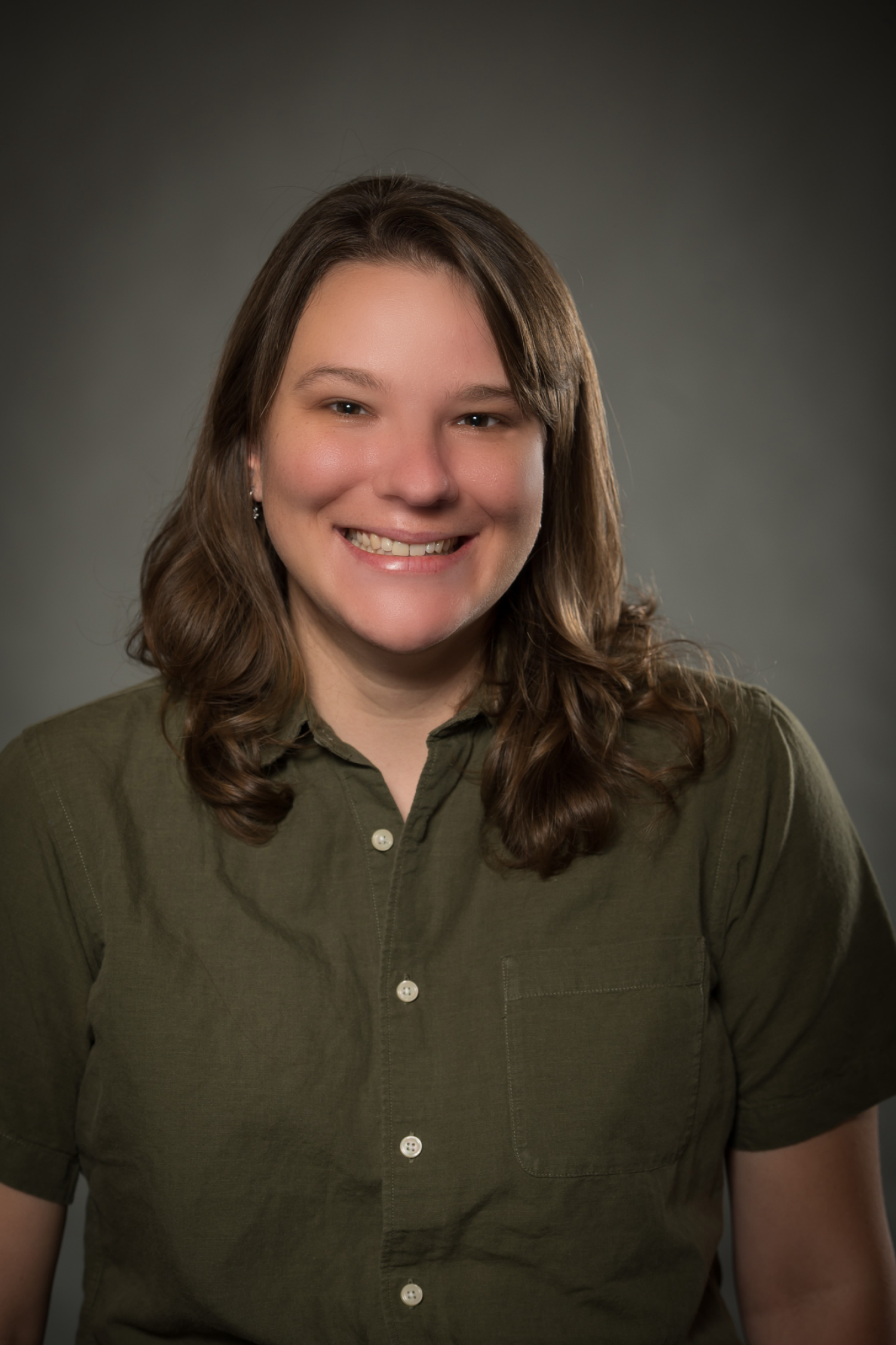Faculty Candidate Seminar: Carolyn Mills, March 7

Engineering Spatial Organization in Biology via Protein-Driven Phase Separation and Assembly
Speaker: Carolyn Mills, postdoctoral fellow, Northwestern University
Host: Tim Whitehead
Tuesday March 7, 2023 - 2:45 p.m., JSCBB A108
Seminar Abstract
Engineering biology efforts have yielded remarkable progress towards addressing emerging societal challenges in areas from sustainability to human health. However, many of these efforts largely overlook the potential of spatial control that is central to the efficiency of processes like pathogen invasion and carbon fixation. Protein-driven spatial organization is a promising strategy for realizing this control, as proteins can drive many types of macromolecular assembly, from liquid-liquid phase separation to well-defined nanocontainer formation. Our ability to program this spatial organization, however, is limited by our understanding of the physical principles underlying protein assembly. In this talk, I will discuss two examples in which examining fundamental protein phase behavior and assembly directly furthered engineering applications. In the first example, I will describe our discovery that proteins called elastin-like polypeptides (ELPs) exhibit cononsolvency, where solvents like ethanol help drive ELP phase separation. I will then explain how our understanding of this phase transition facilitated development of a high-throughput, centrifugation-based desalting method for protein materials. In the second example, I will discuss our investigation into the assembly mechanism of naturally-occurring multi-protein assemblies called bacterial microcompartments (MCPs), and how we leveraged our newfound understanding of this assembly to reprogram MCPs for bioproduction applications. Overall, these case studies illustrate how a fundamental understanding of protein-driven assembly and phase transitions can address diverse problems in engineering biology.
Biosketch
Carolyn Mills, PhD, (she/they) is a postdoctoral fellow at Northwestern University in the lab of Professor Danielle Tullman-Ercek. Carolyn completed her BS in chemical engineering in 2013 at the University of California, Santa Barbara, where she carried out research using atomistic simulations to study peptide self-assembly with Professor M. Scott Shell. Carolyn received her PhD in chemical engineering in 2019 at the Massachusetts Institute of Technology, working in Professor Bradley Olsen’s lab on self-assembly and high-throughput processing of fusion protein materials. During her PhD, Carolyn was supported by an NSF Graduate Research Fellowship and recognized as a finalist in the Excellence in Graduate Polymer Research session at the AIChE national meeting in 2018. At Northwestern, Carolyn is researching self-assembling protein nanoreactors with a focus on how they can benefit metabolic engineering applications and has been recognized as a rising star in chemical engineering and a speaker in the Synthetic Biology Young Speaker Series. During her time at Northwestern, she organized the inaugural Context, Community, and Connections Symposium (C3S) to highlight the research accomplishments of those holding underrepresented identities in Northwestern’s chemical engineering, chemistry and materials science research communities. Carolyn’s work on the C3S was recognized by the Chemical and Biological Engineering Department’s Distinguished Postdoctoral Service Award.

